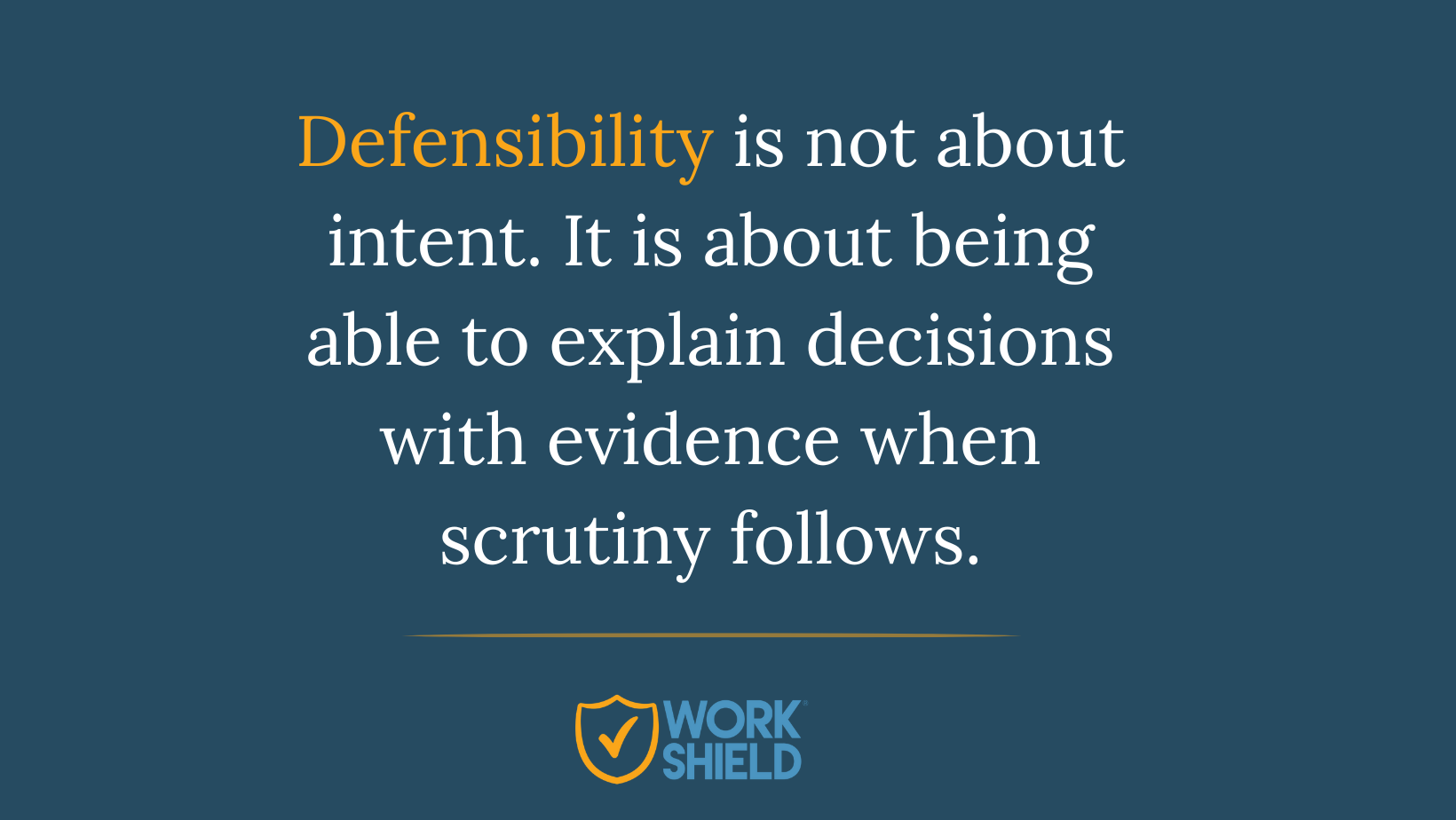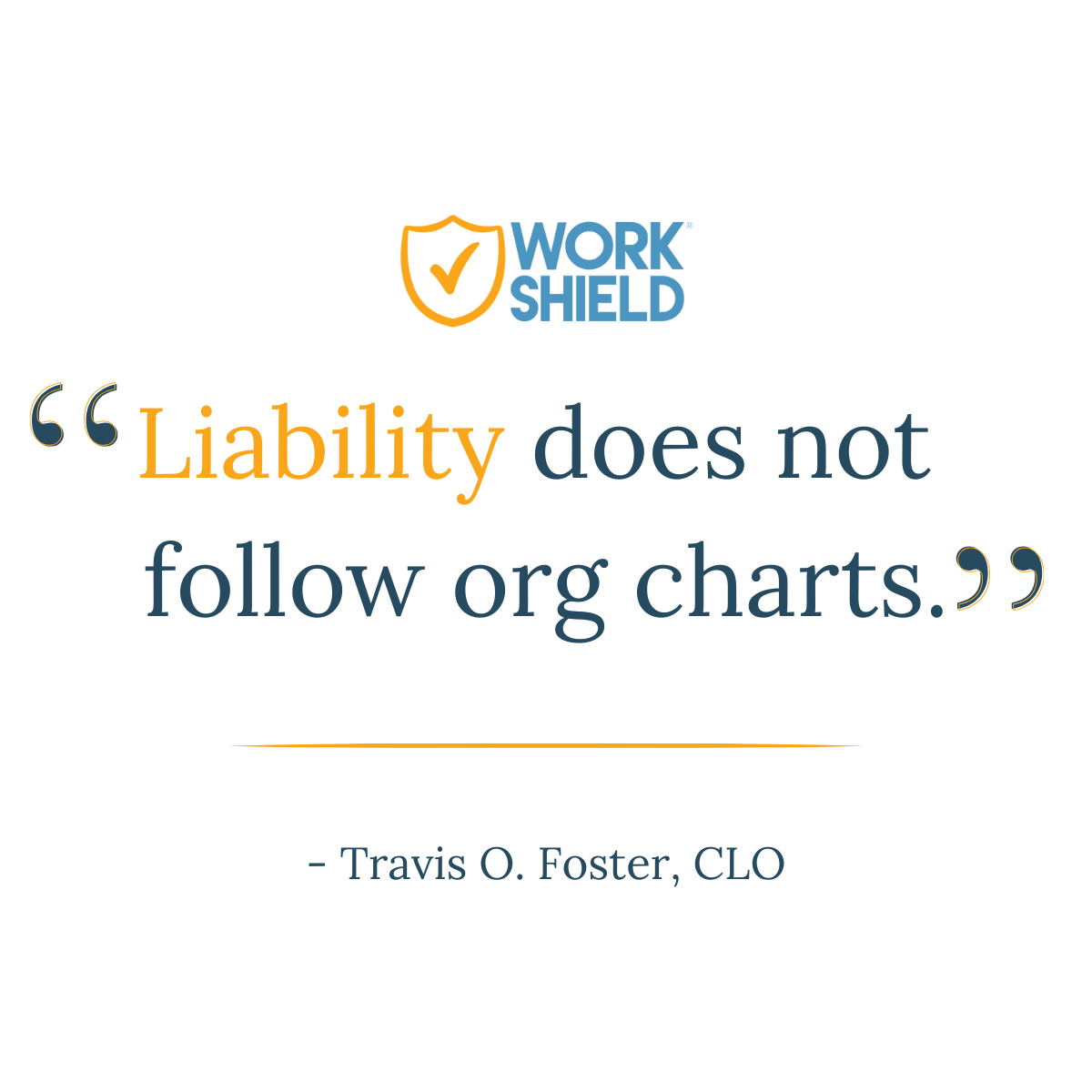In the last few years, society has seen a lot of progress for members of the LGBTQ community, particularly in terms of workplace discrimination.
For example, in June 2020, the Supreme Court ruled in a landmark decision that Title VII of the Civil Rights Act of 1964 prohibits discrimination on the basis of sexual orientation or transgender status. The court determined that any type of discrimination against an employee for their sexual preferences or transgender status discriminates against an employee’s sex, and therefore is prohibited by Title VII. More recently, new legislation prohibiting discrimination on the basis of sex, sexual orientation and gender identity, called the Equality Act, will soon be voted on within the Senate, and if it passes, will make its way to President Joe Biden’s desk.
Despite this progress, there are still notable gaps to equality and inclusion for LGBTQ members of society, as many continue to face discriminaton and harassment at work. In an effort to create a safer and more inclusive workplace for all, it is important to first understand the prevalence of LGBTQ discrimination in the workplace, identify what can be done from both an employee and employer perspective, and take action.
LGBTQ employees have faced countless instances of discriminations and inequality. Studies have shown that 1 in 5 LGBTQ Americans have experienced discrimination when applying for jobs, meaning they often face discrimination even before entering employment. Furthermore, 75% of LGBTQ Americans have reported having negative day-to-day experiences in the workplace due to their LGBTQ identity. Many feel the need to not disclose their identity due to fear of discrimination, as one study showed 54% of LGBTQ Americans reported to have hid a personal relationship to avoid a situation in the workplace.
These avoidances, fears and doubts pertaining to inclusivity go beyond workplace relationships with fellow employees. Numerous studies have shown LGBTQ workers have experienced a hostile environment at work, including limited opportunities for growth with their employer, disparities with access to healthcare, less widely accepted requests for parental leave and even added challenges when it comes to dress code.
Thus, it is important for employers to ask themselves what more can be done to support the LGBTQ community. Despite most companies having diversity, equity and inclusion (DEI) initiatives in place, LGBTQ workers still report feeling discrimination, discomfort and even danger their workspaces, proving current DEI initiatives are not doing enough to protect and support LGBTQ employees. With DEI efforts at the forefront of many employers’ mission statements, particularly in the last year, these initiatives should go beyond addressing gender and race discrimination by also focusing on actionable steps to ensure equal opportunities for LGBTQ employees.
Employers and employees can become allies to their LGBTQ colleagues by making efforts, big and small, towards inclusion. Using correct pronouns when talking to coworkers is an easy action that can make a significant impact. Additionally, if a fellow colleague openly identifies as LGBTQ, it’s important to ensure they feel equally as comfortable and accepted as cisgender employees sharing experiences. Furthermore, actively showing support to the LGBTQ community can help employees feel more accepted in the workplace, such as participating in workplace training related to DEI initiatives and educating them on discrimination and inequalities members of the LGBTQ community face in the workplace and beyond. Employers and those in leadership positions can foster a safe and inclusive environment for LGBTQ employees by incorporating holidays like Pride Month into office culture.
In addition to these steps towards inclusion, employers should review DEI initiatives in place for ways to incorporate additional support and protection for LGBTQ employees. According to the Human Rights Campaign Foundation’s Corporate Equality Index (CEI), in 2002, only 5% of rated businesses afforded protections based on gender identity. In 2020, that number rose to 98%. While progress has been made on this front, research conducted by BCG suggests companies still have a long way to go when it comes to DEI policies and programs, as most instances of discrimination of LGBTQ employees persist because most employees do not understand all the potential dimensions of their colleagues’ identities, leading to inaccurate or insensitive beliefs, actions and comments.
Work Shield Marketing Specialist, Alex Young, is a proud member of the LGBTQ community and believes the key to making change in the workplace is by opening our ears and removing labels. He also shares that employers can begin to empower LGBTQ employees by starting or forming employee resource groups, donating to and learning more about the efforts of the HRC Foundation, using correct pronouns when addressing colleagues and stopping misconduct early. He says that while Pride Month is about celebrating equality for all, the steps we take everyday to make everyone feel comfortable and empowered in the workplace is something that must be a priority everyday.
While employers and employees should actively make efforts to ensure LGBTQ employees feel accepted in the workplace, they should also prioritize fostering a safe environment for LGBTQ employees to report instances of discrimination and harassment without fear of retaliation. Work Shield’s research indicates 75% of employees who face workplace harassment don’t report such instances due to lack of trust in the reporting system. Work Shield is providing organizations a safe and secure platform to report incidents, protecting employees and unifying employers and their employees by creating a clear path to resolution.
To learn more about Work Shield’s solution to creating more inclusive workplaces for all, contact us here.
About Jared Pope
Jared is Founder and CEO of Work Shield, the only start-to-finish workplace harassment and discrimination reporting, investigation and resolution solution that protects employees, employers and cultures at the same time. Jared practiced law and ran a practice focused on human resources, ERISA, benefits and employment matters for over 15 years and is a knowledgeable resource on workplace culture and harassment and discrimination issues.
Connect with him on LinkedIn.





